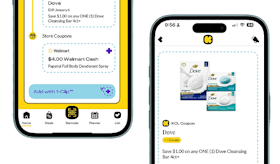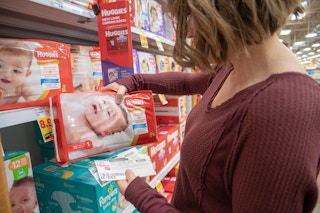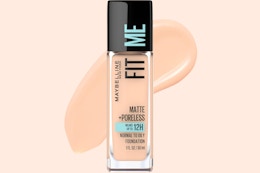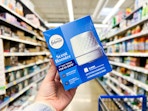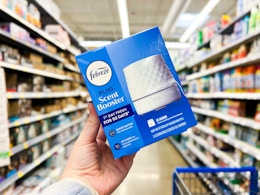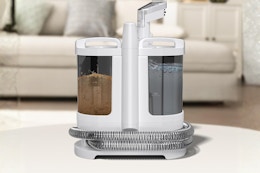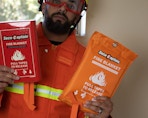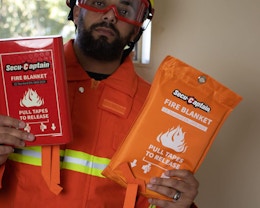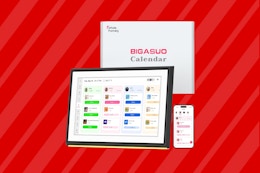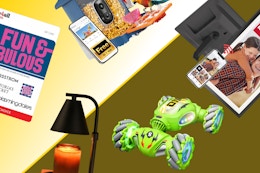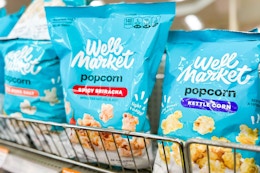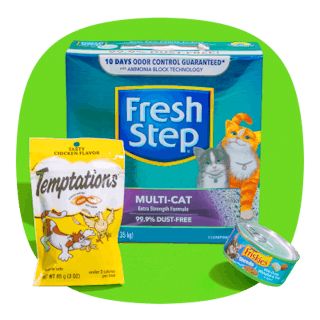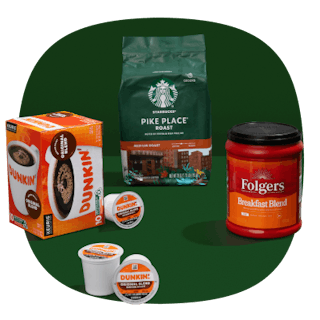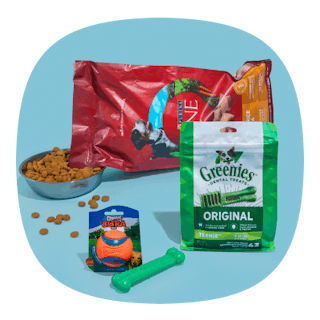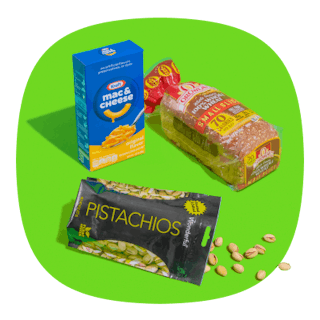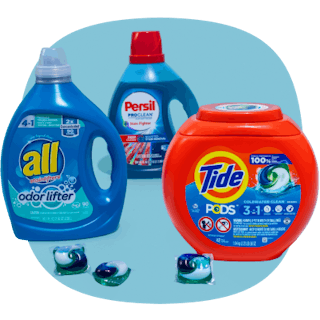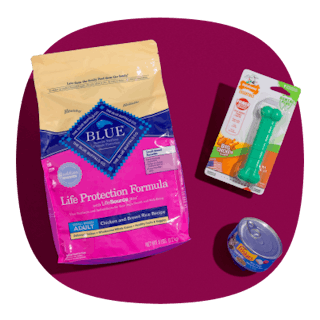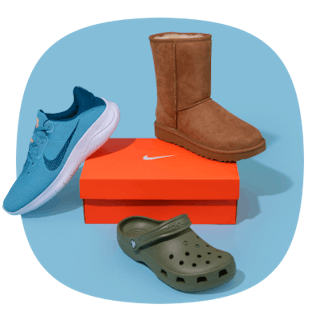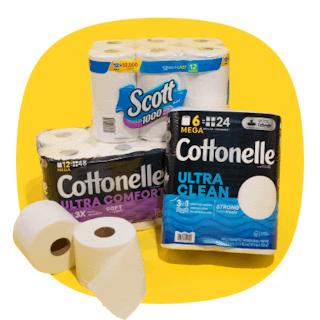It’s no secret that couponing has changed a LOT in the past 10+ years, most of all the adoption of digital coupons and rebate programs.
But the thing that used to be the calling card of Krazy coupon ladies, the “free-standing insert,” may be on its way out — and sooner than you think.
The guy in charge of the Coupons.com, Steven Boal, told Progressive Grocer that he expects physical coupons to vanish within 18 months. Here’s why he said that:
The decline of newspapers means no coupon inserts.

Boal said that back in 1998, he expected 20% of newspaper coupons to go to digital within five years. It took 20 years instead to hit that number, driven by a shrinking number of newspaper subscriptions.
According to Pew Research, newspaper revenues declined by 62% between 2008 and 2018.
And where do newspapers get revenue (besides subscriptions)? Advertising — which includes coupon inserts.
Boal says “the printed newspaper is probably on its last leg.” No Sunday papers means no Sunday coupon pages.
Consumer packaged goods companies are changing their budgets.

Progressive Grocer said that Coupons.com’s parent company, Quotient Technology, works with 700 different consumer packaged goods companies and is seeing how the behaviors of consumers and companies is changing.
For example, he said companies are moving towards targeted digital coupons via apps, which are generated based on consumers’ interests and shopping habits.
CPG budgets are trending towards these technologies and away from print promotions.
COVID has pushed the industry towards digital-only shopping.

Store closures and customers’ reluctance to shop in stores has accelerated “buy online pickup in-store” options, as well as delivery.
Add to that stores’ preference to deal with touchless payments and contact-free pickups and deliveries, and it makes couponing with paper pretty difficult.
Many stores stopped accepting paper coupons in the wake of the virus, and plenty of couponers wonder if and when “normal” will resume.
Even if COVID-19 goes away in the near-term, Boal says many of these behaviors are here to stay.
UP NEXT: How Does Ibotta Work? It’s Easier Than You Think. I’ll Show You!

Download the KCL app to add and redeem coupons in store
